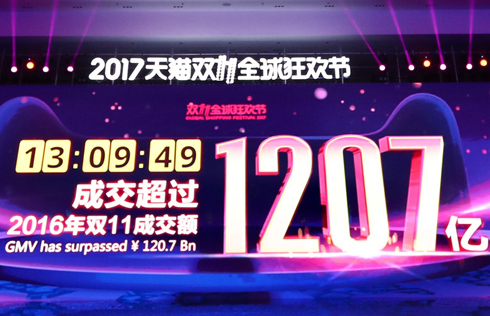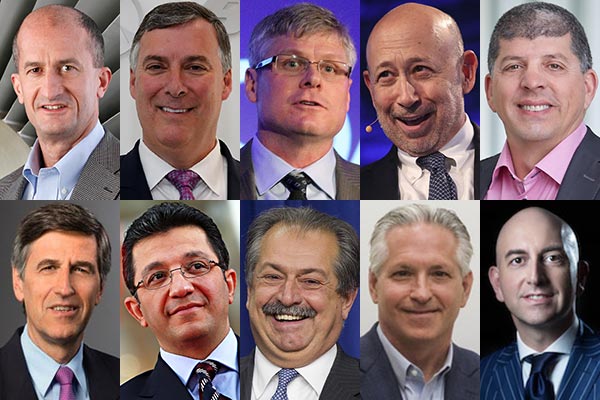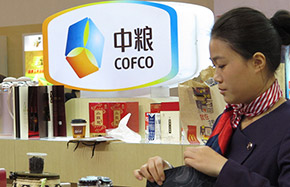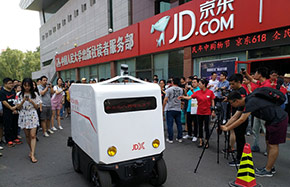Writing gets new tech edge from AI
Handwriting, which has evolved over aeons, is receiving a tech edge in China from the boom in artificial intelligence or AI-enabled educational services.
Thanks to the rapid advances in image-recognition technologies, emerging smart hardware is reshaping how China's 188 million pupils will write and interact with teachers.
T-One, an AI-enabled smart pen, can instantly digitalize students' handwritten notes, automatically evaluating their answers, potentially reducing the workload of both teachers and students.
T-One was developed by Master Learner, a Beijing-based online education startup which has a valuation of more than $100 million.
Equipped with a built-in mini camera, the pen can click up to 240 images per second, and store content handwritten on 400 A4-sized pages or equivalent.
When students write with the smart pen on a piece of specially produced paper, which is printed with an invisible dot code pattern, the high-speed camera at the front of the pen can capture the movement of the nib. And the pressure sensor will record all the information such as writing time and speed, motion trajectory and page number.
Information thus collected is transmitted via Bluetooth to computers or other hand-held devices like tablets, which are equipped with Master Learner's "super teacher" system. The system can automatically review students' homework on behalf of teachers.
The system is said to be able to evaluate answers. Zhang Kailei, founder and CEO of Master Learner, said, "Handwriting has always played an irreplaceable role as a medium of interaction between teachers and students. Unlike typing on the keyboard, writing on paper is still the most preferred way in Chinese classrooms and examinations."
According to him, the smart pen is meant to digitalize the education process, and boost efficiency while protecting the traditional writing habits.
"We are starting to mass-produce the smart pen," Zhang said, without disclosing its price.
Smart pens function as information collectors in the education process. In the future, their appearance, weight and feel will be similar to that of conventional pens, analysts said.
Xiong Bingqi, vice-president of the 21st Century Education Research Institute, said education would be one of the industries to be revolutionized by AI, which would help both teachers and students, but the essence of education won't change.


















